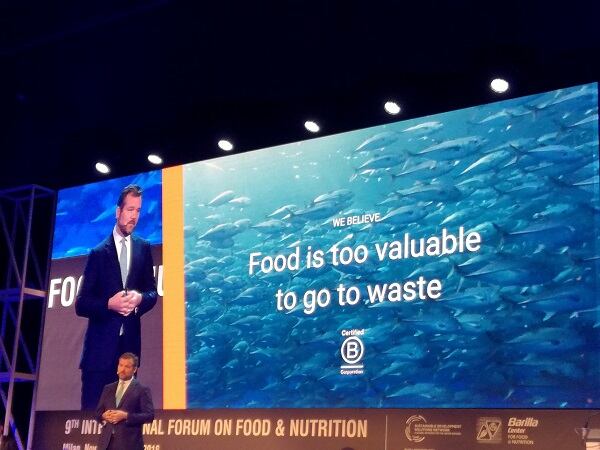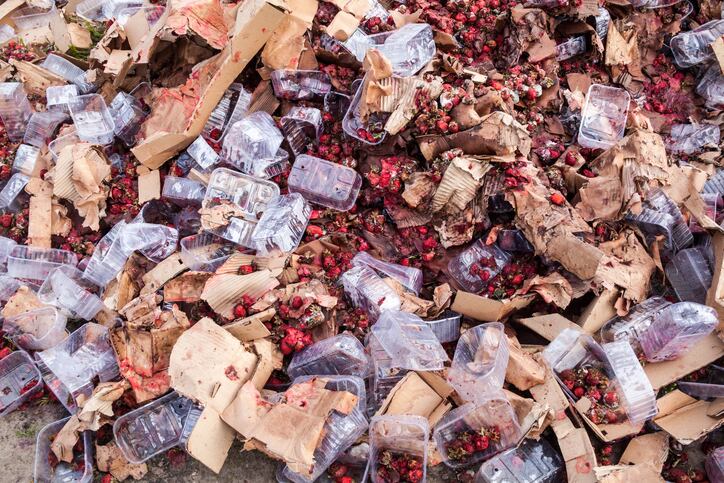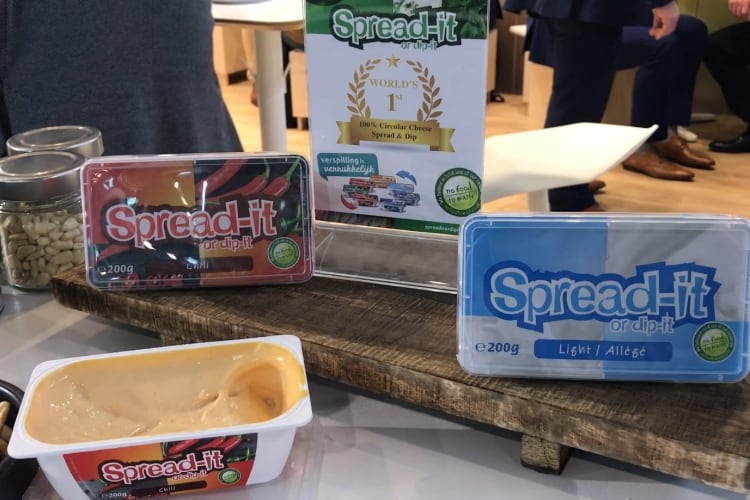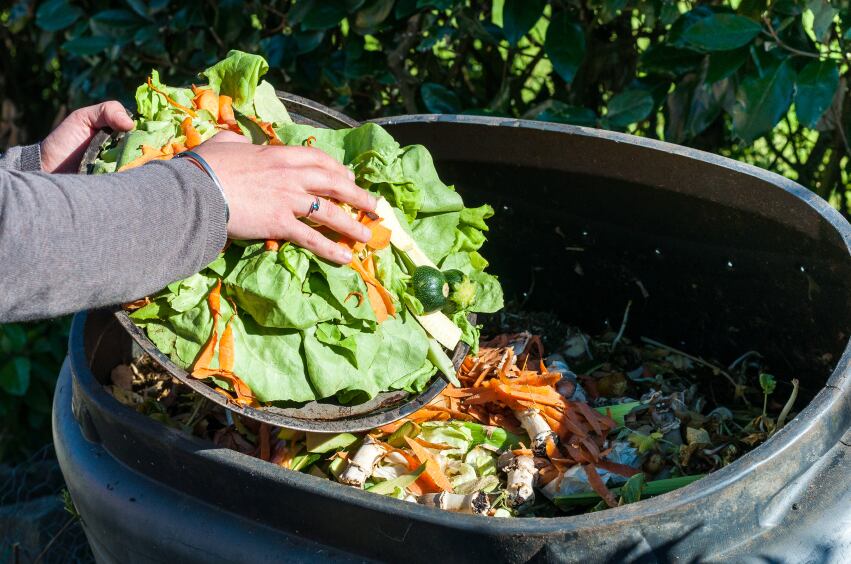“We find that if you measure food waste and use analytics to understand it, putting in place what are, frankly speaking, very simple measures, on average you can cut food waste in half," said Marc Zornes, the co-founder of Winnow, a company that offers food waste management services for commercial kitchens.
“If you are in the business of selling food and you’re throwing a lot of food away, it should be no surprise that reducing food waste is a significant driver of increased profitability,” he told tod delegates at the Barilla Centre for Food and Nutrition (BCFN) Food Forum in Milan last month.
Zornes, a former McKinsey consultant, is well placed to know. Each year, Winnow's customer base collectively saves over $25 million (€22m), equivalent to around 20 million meals with a fairly simple idea.

The UK-registered company installs scales underneath the bins in commercial kitchens that weights what is thrown away. A touchscreen above the bin also allows the chefs to record what was wasted and why. Winnow’s system stores this and immediately calculates how much money has been thrown away.
“Knowing that in itself starts to drive some pretty big behaviour changes,” said Zornes.
Winnow also analyses the cloud-stored data to give the kitchens practical tips so they can better coordinate their processes and benchmark best practice, ultimately saving food and money.
The company also promises "a very attractive return on investment".
"Our customers are getting anywhere between 200 and 1000% money back in year one when addressing this issue when they put it into their systems.”
Winnow works with over 1,000 kitchens around the world, including Ikea, Costa Cruise Ships, The Marriott and Accor hotel chains and Pizza Hut, and said that in the first year, its customers cut food waste by around 30%, rising to over 50% in the second year.
One-third of food that is produced globally is never eaten, which amounts to throwing away $1 trillion in value a year.
This is also equivalent of 1.5% of global output each year in cost alone (not including the environmental impact).
If food waste were a country, it would be the third biggest emitter of greenhouse gases in the world.
Doing business better
Winnow has focussed its efforts on commercial foodservice kitchens, one of the biggest drivers of food waste.
According to 2016 figures from the Roadmap to Reduce US Food Waste by 20 Percent (ReFED), 43% of the 63 million tonnes wasted in the US annually is lost in the home while 40% in storage or distribution, 16% on farms and just 1% in manufacturing.
Storage and distribution includes supermarkets and retail (responsible for throwing away 8m tonnes) and restaurants, fast food outlets and institutional canteens (which together throw out 16 m tonnes).
B2B suppliers and manufacturers, therefore, fare much better than retailers, restaurants or consumers. However, solutions exist for food industry operators looking to reduce waste at different stages of the supply chain.
IN THE FIELD
NIAB is a UK-based organisation that offers agricultural services to farmers. It also manages a research centre specifically dedicated to reducing crop and food waste and improving resource use efficiency in fresh produce supply chains.
IN THE FACTORY
Dublin-based start-up FoodCloud offers a service, FoodCloud Hubs, so manufacturers and producers can fight food waste in their supply chains by sending surplus food to food banks.
IN THE SUPERMARKET
Zero Gachis is a French company that helps retailers reduce waste through its printing solutions, statistical analysis and Zéro-Gâchis logo and branding.
French app provider OptiMiam tells consumers about exclusive special offers on food products on supermarket shelves that are nearing their expiry date.
EcoBuy is a Japanese app that gives shoppers reward points if they buy food that is approaching the end of its shelf-life.
IN THE CAFE
Copenhagen-headquartered Too Good to Go is an app that tells users which nearby cafes, restaurants or bakeries have food close to its sell-by date that they want to sell off cheaply. The app is available all over Europe.
IN THE HOME
In the UK, The Pantry app helps consumers cut domestic food waste by up to 34% by managing their 'food inventory'. It ranks all purchased food according to the use-by dates and sends reminders and relevant recipes when necessary.




